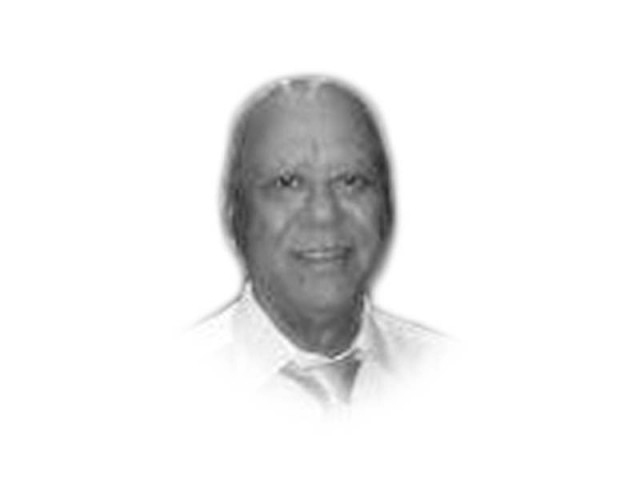Sound judgment
The judgment of the Supreme Court in the Panama case is legally and constitutionally sound

The writer is a US-based corporate attorney, author and analyst
At the outset, I must point out the existing confusion about the term “income” and “asset”, because some analysts have failed to distinguish between these separate concepts, a critical distinction in the law.
The two methods accepted of accounting, as cited by some lawyers, are the cash basis and the accrual basis. These pertain not to an individual’s assets but to his/her income and the treatment of that income for tax purposes, whether an income is actually received by the individual or is receivable.
What the learned Supreme Court held in its landmark decision was the failure of ex-PM Nawaz Sharif to declare not his income but failure to fully declare or disclose his assets as required by the laws or ROPA.
Legally speaking, there are two kinds of assets of an individual: tangible and intangible assets. Tangible assets are fixed and physical in nature that can be touched such as land, property, buildings, vehicles, jewellery , etc. Intangibles assets are non-physical items, such as vested rights, interests, trademarks, patents, goodwill, agreements or contracts of value.
There’s no doubt that Mr Sharif’s salary as chairman of FZE company was an intangible, significant asset of his that required disclosure. Even though he claims that he didn’t withdraw his salary, the fact that he had a fully vested interest and right or entitlement to this salary constitutes a reportable asset.
As the Supreme Court properly stated this asset had nothing to do with the fact that whether he actually received this salary or not, since payment and receipt of salary was an income item, not an asset item.
Moreover, an employment contract, written or verbal, such as Sharif’s with FZE Co, an agreement that is legally enforceable or recognised under the law qualifies as an intangible asset. And there are various methods of valuation and amortisation of his employment contract. Its monetary value can easily be assigned or amortised since a specified salary amount is already mentioned therein.
Of course, the court could have disqualified Mr Sharif on other pernicious grounds of money-laundeting and other more serious offences, but chose not to do so and rather to give him an opportunity to exercise his due process rights goes to show the largesse and kindred spirit of the learned justices.
Some proponents of the deposed prime minister’s case also argue the SC erred in applying Article 62 (f) of the Constitution in disqualifying the PM as this provision is vague and too broad and that it would open the floodgates of political litigation.
But it’s the duty and function of the SC to interpret, defend and apply the entire Constitution with all its provisions — however imperfect any of them may be. And as to opening the floodgates, it is the responsibility of parliament, not the SC, to accordingly rectify or repeal any Article such as Articles 62, 63, or 184 (c) of the Constitution. Until that happens, these provisions are part of the Constitution to be adhered to.
As for the case’s immediate review by SC, I am at a loss to ascertain the logic to some demands that call for an immediate review of this judgment by the Supreme Court when this judgment was delivered by none than the court itself. Haven’t they heard about the supremacy and finality of a supeme court?
In interpretations of the law and the Constitution what the Supreme Court says is the final word. Its holdings become and remain a judicial precedent , a law to be followed, and is final unless and until the Supreme Court itself overturns or reverses it in another case before it.
Published in The Express Tribune, August 22nd, 2017.
Like Opinion & Editorial on Facebook, follow @ETOpEd on Twitter to receive all updates on all our daily pieces.


















COMMENTS
Comments are moderated and generally will be posted if they are on-topic and not abusive.
For more information, please see our Comments FAQ